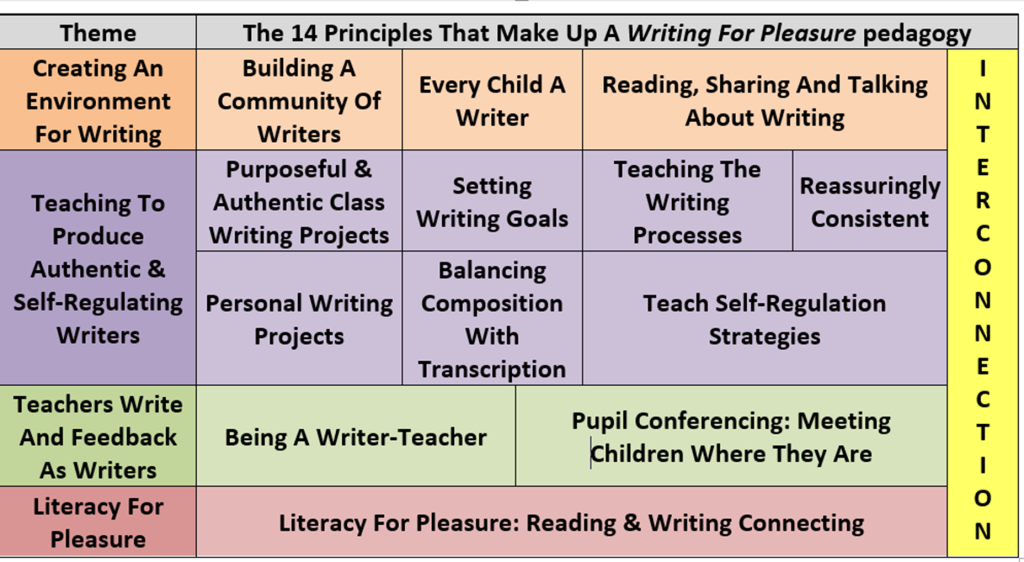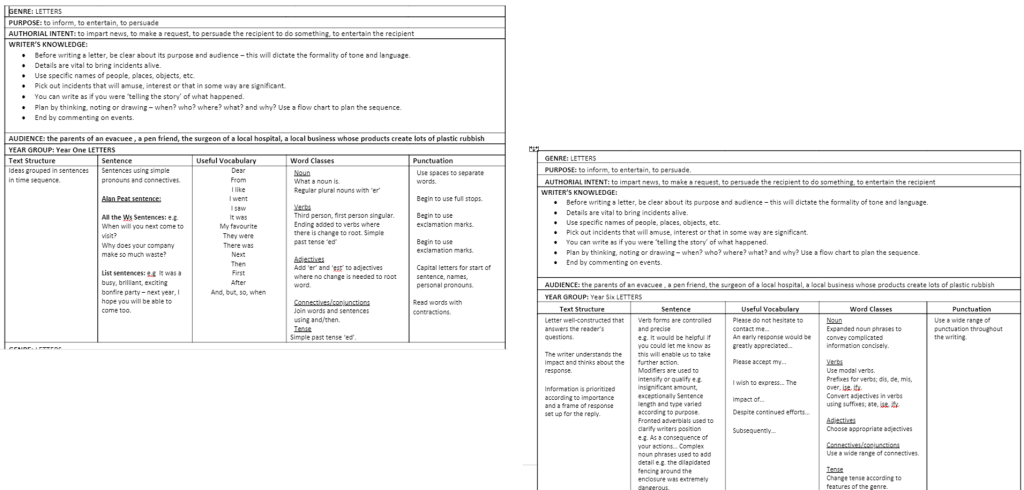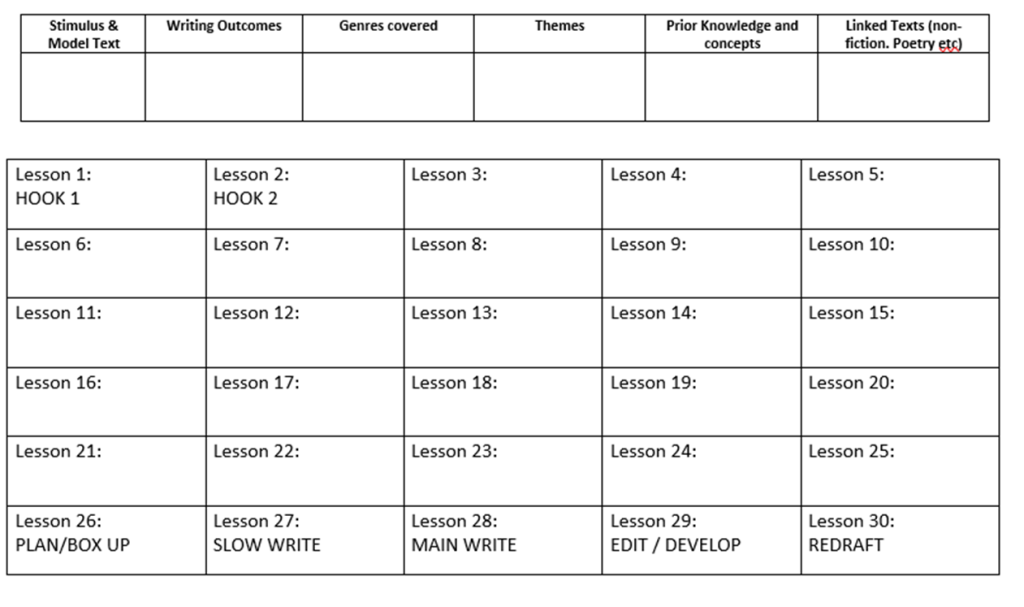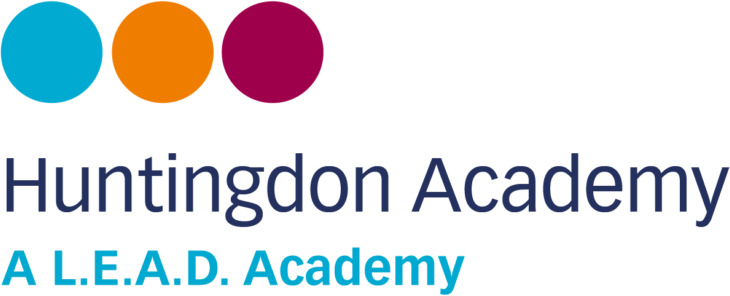Welcome
Welcome to writing at Huntingdon. On this page you will find out the key information about the leadership, design and implementation of our reading provision.

Writing at Huntingdon is lead by Rebecca Want, who also oversees our overall English provision along side our phonics lead, Hazel and our Handwriting and Spelling lead, Louise. Rebecca’s vision for our writing curriculum is for for all children to become self-directed learners that are adept at researching (and writing about!) a wide variety of subjects. She believes that inspiring writing across the curriculum is a wonderful way to help children write and learn in bigger, better, deeper ways.
Our link governor for writing is Stacey Costillo.
Subject Intent
At Huntingdon Academy, we believe that all pupils should be able to confidently communicate their knowledge, ideas and emotions through their writing. We want pupils to acquire a wide vocabulary, a solid understanding of grammar and be able to spell new words by effectively applying the spelling patterns and rules they learn throughout their time in primary school. We want them to write clearly, accurately and coherently, adapting their language and style in and for a range of contexts, purposes and audiences. We believe that all pupils should be encouraged to take pride in the presentation of their writing, in part by developing a good, joined, handwriting style by the time they move to secondary school. We believe that all good writers refine and edit their writing over time, so we want children to develop independence in being able to identify their own areas for improvement in all pieces of writing, editing their work effectively during and after the writing process. We do not put ceilings on what pupils can achieve in writing and we do not hold pre-conceptions about any pupils’ ability to make progress. Across school we apply the methodology of Talk 4 Writing, use scaffolds for learning and share highly effective examples for pupils to aim towards.
Vocabulary and language acquisition are instrumental to the success of our pupils in writing due to the percentage of pupils with English as an additional language and those entering school with literacy levels below that of which is expected. Through dialogic rich teaching approaches and the use of oracy as a vehicle for learning in English we intend to powerfully address social disadvantage and encourage pupils to articulate ideas, develop understanding and engage with others. This commitment to both presentational and exploratory talk is a powerful tool for learning in English and empowers our students to better understand themselves, each other and our learning intentions.
At Huntingdon Academy, we understand the importance of parents and carers in supporting their children to develop both grammar, spelling and composition skills, and so we endeavour to develop a home-school partnership which enables parents and carers to understand how to enhance the skills being taught in school.

Writing Pedagogy
At Huntingdon we subscribe to the ideology that children who enjoy writing and are motivated to write are more likely to achieve well academically. Therefore, writing for pleasure is a vital consideration when we plan and teach our young writers. We can define writing for pleasure as a volitional act of writing undertaken for enjoyment and satisfaction. The specific sources of enjoyment and satisfaction in and of writing are many and varied, and will be different for individual writers in different contexts. We therefore aim to provide all pupils will a varied, inspiring and engaging diet of writing stimuli. Alongside the national curriculum programme of study for writing we also aim to meet the 14 priciples of the writing for pleasure pedagogy.

Please also see our Writing Policy
Planning
Opportunities for writing and the development of writing are facilitated across the curriculum every day. We have crafted a timetable in EYFS, KS1 & KS2 that enables pupils to development reading and writing skills through out Read Write Inc commitment and have additionally allocated time to English Writing.
Staff utilise both our Progression of Conceptual Knowledge Mat alongside our genre specific progression documents to ensure pitch and expectations are in line with year group expectations and to ensure development in their writing over time.


Staff also follow our spelling and handwriting progression documents when planning and marking writing.
Throughout a half term, teachers build writing progression and opportunities through these English lessons using a planning format similar to below. Ensuring that there are varied purposes and stimuli used for writing throughout the academic term lead to an engaging, exciting, purpose led writing outcome which is then edited, redrafted and honed into a published piece.


